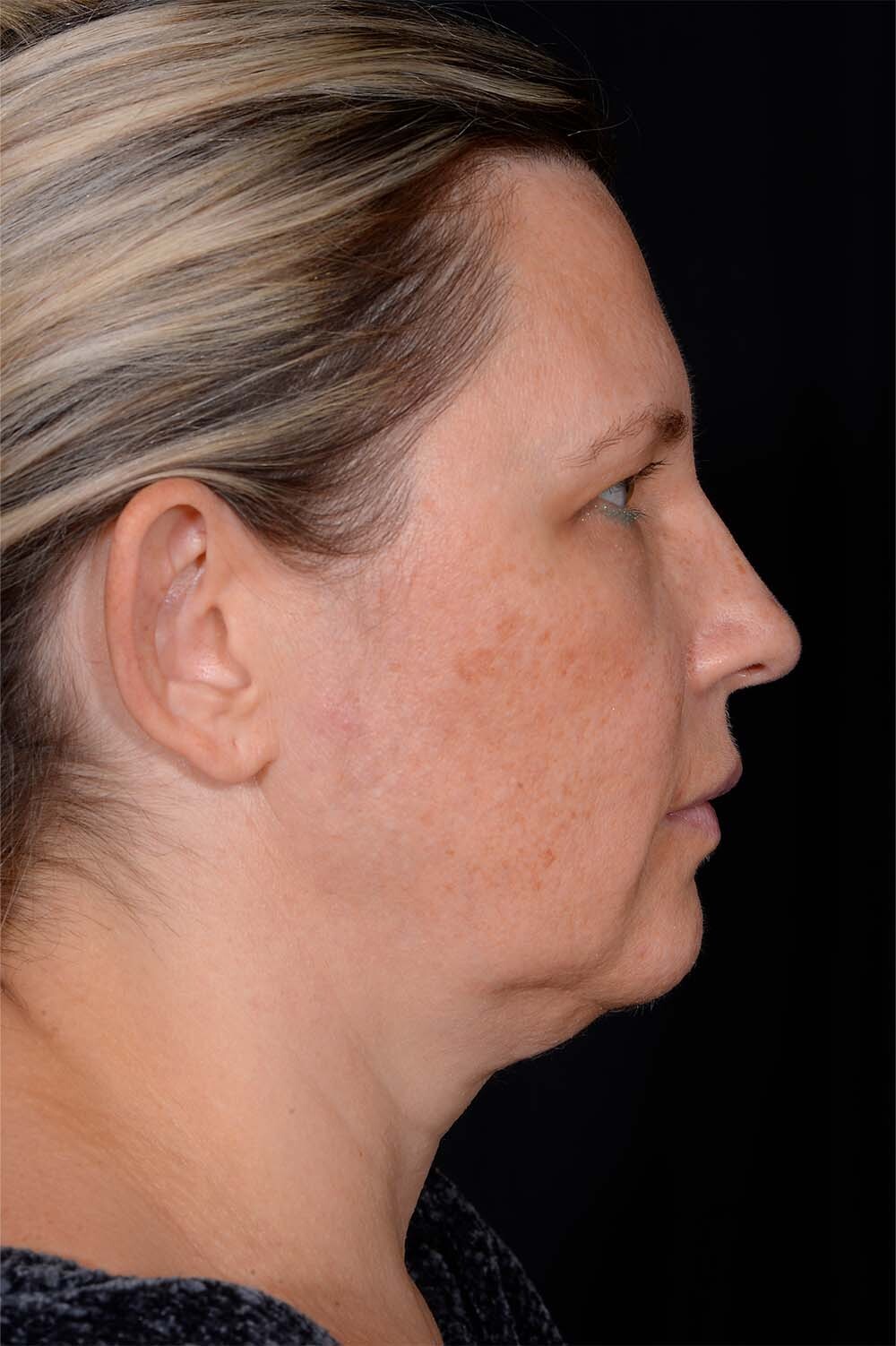
At Dr. Mark Fisher’s practice in Westport, Connecticut, one of the most common questions our patients ask is, "Will insurance cover my surgery?" We’re here to add some clarity, as understanding the nuances of insurance coverage for plastic surgery procedures can help you make informed decisions.
Distinguishing Cosmetic from Reconstructive Surgery
To determine insurance coverage, it’s essential to differentiate between cosmetic and reconstructive surgery:
- Cosmetic Surgery: Primarily aimed at enhancing appearance and boosting confidence, cosmetic procedures include facelifts, rhinoplasty, and breast augmentation. These procedures are not covered by insurance as they are elective and not medically necessary.
- Reconstructive Surgery: Focused on restoring function or normal appearance due to congenital differences, trauma, or illness. These procedures are often covered by insurance when deemed medically necessary.
When Insurance May Cover Plastic Surgery
Medical Necessity
- Breast Reconstruction: Following a mastectomy due to breast cancer, insurance typically covers breast reconstruction as it is essential for restoring the patient’s body image and quality of life.
- Craniofacial Surgery: Procedures to correct congenital abnormalities such as cleft palate or craniosynostosis are usually covered because they address functional impairments and improve overall health.
- Post-Traumatic Reconstruction: Surgeries to repair injuries from accidents or trauma may be covered when they restore normal function and appearance.

Functional Improvement
- Rhinoplasty for Breathing Issues: If a nose reshaping procedure is necessary to improve breathing or address a deviated septum, insurance may cover it as it enhances respiratory function.
- Eyelid Surgery (Blepharoplasty): When excessive eyelid skin impairs vision, this procedure can be deemed medically necessary and eligible for coverage.
Corrective Procedures
- Scar Revision: Minimizing or removing scars that cause physical discomfort or emotional distress can be covered if they improve function or alleviate significant psychological impact.
- Hand Surgery: Procedures to restore hand function after injury or illness may qualify for insurance coverage when they are essential for daily activities.


Navigating Insurance Coverage
During your initial consultation, Dr. Fisher will evaluate your goals and determine whether your desired procedure is purely cosmetic or if it has reconstructive benefits that might qualify for insurance coverage.
If your surgery has reconstructive elements, Dr. Fisher’s team will assist in gathering the necessary documentation to support your insurance claim. This may include medical records, photographs, and detailed treatment plans outlining the procedure's medical necessity.
Our knowledgeable staff can help you communicate with your insurance provider, ensuring all required information is submitted accurately and promptly. While we cannot guarantee coverage, we strive to maximize your chances of approval by providing comprehensive support throughout the process.
If insurance does not cover your cosmetic surgery, Dr. Fisher’s office offers flexible financing options to make your desired procedure more affordable. We believe everyone deserves to feel confident and look their best, and we are here to help you achieve that without undue financial stress.
Trust Dr. Fisher to Guide You Through Insurance Complexities
Don't let uncertainties about insurance coverage prevent you from achieving the transformation you desire. We are here to guide you through the process with transparency and professionalism, ensuring you receive the exceptional support and results you deserve. With Dr. Fisher's extensive board-certified expertise and our compassionate, knowledgeable support staff, you can trust that you're in capable hands every step of the way. Schedule a consultation with Dr. Fisher today to discuss your goals and explore all available options.



